Meet the Innovator: Ishaan Surve, Grade 11 student, Dhirubhai Ambani International School, Mumbai
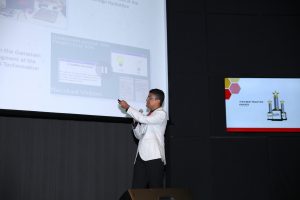
I love the STEM especially physics, technology and environmental science. I enjoy learning about the different intricate systems and interactions that occur unnoticed in our ecosystems at the macro and micro level. I am alarmed by the disruptions these systems are facing due to human actions and climate change and I want to help restore equilibrium to the ecosystems. I believe that STEM especially robotics and computer science are the best tools to regain stability in our environment.
Over the years I have discovered my love for programming and computer science. I have been the team leader of my school’s FTC team Eureka and the Safety Captain for my school’s FRC Team Elev8. I was awarded the Safety Star Award at the Long Island FRC 2023. I have represented my school at Hackathons and STEM competitions winning awards, including Best Innovative STEMX Idea and was also the student speaker at the prestigious Best Practice Sumit 2024 at Dubai. I have continued exploring my passion and up skilled myself in different languages and domains of robotics and data science with Java, app development in Dart to Artificial Intelligence Development and Raspberry Pi programming in Python.
I am also the founder of Praakruti a start-up dedicated to igniting the sustainable revolution in the Indian toy sector. I was inspired to start Praakruti after observing the proliferation of plastics, including toys, in local wetlands. I was shocked to learn that the toy sector is one of the most plastic intensive sector in the world. I resolved to make a difference and provide an eco-friendly alternative to responsible consumers. Praakruti offers a variety of kits each composed of natural elements from all over India. Each kit is like a natural lego which children can utilise to let their imagination come to life. I have designed flashcards, booklets and comic book strips to act as scaffolds which enables children to imagine their own world and begin their journey with creative writing while also helping them improve their fine motor skills. Praakruti also aims to develop a cyclic economy in India and dedicates 50% of its profits back to the education in tribal communities from whom the natural treasures are sources.
Can you share a significant STEM project or research you’ve completed in school? What were your goals, and what did you achieve?
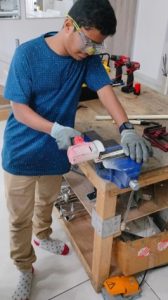 At my school Dhirubhai Ambani International School, I pioneered the Sustainable Innovation Challenge, an opportunity for students to showcase their scientific acumen and implement transdisciplinary thought towards solving modern global environmental problems. Participants developed innovative solutions, an economic ecosystem and policy suggestions to ensure the feasibility of their ideas which they pitched to a panel of judges. For 2024 edition the challenge was launched on ‘Sustainability at School’ and multiple unique proposals were received including – an AI-based automated tap system to reduce water lost, school buses running on clean bio-methane, and a biological carbon footprint estimator by using AI.
At my school Dhirubhai Ambani International School, I pioneered the Sustainable Innovation Challenge, an opportunity for students to showcase their scientific acumen and implement transdisciplinary thought towards solving modern global environmental problems. Participants developed innovative solutions, an economic ecosystem and policy suggestions to ensure the feasibility of their ideas which they pitched to a panel of judges. For 2024 edition the challenge was launched on ‘Sustainability at School’ and multiple unique proposals were received including – an AI-based automated tap system to reduce water lost, school buses running on clean bio-methane, and a biological carbon footprint estimator by using AI.
In India there are very few competitions dedicated to promoting solution-oriented thinking, there are codeathons where the focus is on speed to solve programming problems or hackathons where the focus is on the technical execution. I wanted to fill this niche and spread an atmosphere of innovation in my school. I succeeded with widespread participation from junior grades as well. The competition was also applauded by the Education Minister of Himachal Pradesh (State in India). In 2025 we are planning to scale up this initiative into an inter-school competition for schools all over the world.
How have you engaged with STEM outside of the classroom, such as through clubs, competitions, or community service?
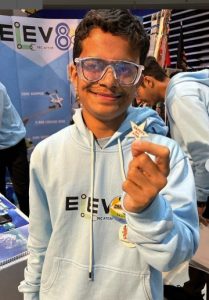
In 2021, I was the founder, team leader and now mentor of FIRST Tech Challenge Team Eureka who in 2024 won the FTC India National Championships and represented India at the international stage. Since the last three years I have been a part of my school’s FIRST Robotics Challenge Team Elev8. Each year the team collaboratively builds life-sized robots towards solving the complex season challenge. I am a programmer at Elev8 which has given me the opportunity to develop industry level skills in Java, practically implement high-level concepts and improvise solutions on the fly at the competition. In 2023 I was the Safety Captain for Team Elev8, and I won my team the Safety Star Award for being the best Safety Captain at the Long Island Regional in USA. I was also the sub-system lead, and my team became the first Indian team to win the prestigious Ford Autonomous Award.
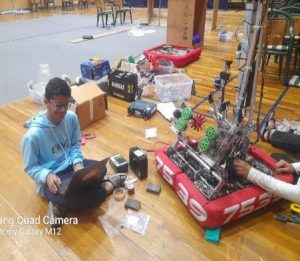 I have led the team’s outreach programs dedicated to improving STEM access and build a robotics ecosystem in India. I have mentored over 9 NGO robotics teams from all over Mumbai like Salaam Bombay’s Incuriosity, Aphsara Foundation’s Aenonian Ladies Force, Team Abhyudaya from the Abhyudaya NGO and more. I have helped organise Rookie Teams Saturdays – weekly interactive upskilling workshops to support new FTC robotics team in programming, safety and construction. I also run the school’s robotics club for younger grades. In addition, I helped develop the robotics deconstructed curriculum for PYP/MYP students where we integrated STEM including Artificial Intelligence and App Development with concepts they were learning in social studies or sciences.
I have led the team’s outreach programs dedicated to improving STEM access and build a robotics ecosystem in India. I have mentored over 9 NGO robotics teams from all over Mumbai like Salaam Bombay’s Incuriosity, Aphsara Foundation’s Aenonian Ladies Force, Team Abhyudaya from the Abhyudaya NGO and more. I have helped organise Rookie Teams Saturdays – weekly interactive upskilling workshops to support new FTC robotics team in programming, safety and construction. I also run the school’s robotics club for younger grades. In addition, I helped develop the robotics deconstructed curriculum for PYP/MYP students where we integrated STEM including Artificial Intelligence and App Development with concepts they were learning in social studies or sciences.
I have also led the organising core committee of ‘Solve For Society’ a pan-India competition for underprivileged students in partnership with Government of India’s Atal Tinkering Labs since the last two years. We have been able to reach out to over 2000 students from different schools and empowered them to develop real world problems by upskilling them through design workshops, connecting them to mentors from IIT Bombay and helping them fund the electronics or equipment required to build their prototype.
Physics fascinates me and I believe that it is the key to truly understand the apparent randomness in the world. To further explore this field and to gain hands on experience I participated in the Indian National Young Physicist Tournament, where I am ranked second and represented India at Budapest for the prestigious International Young Physicist Tournament. Through the experience I gained a lot of exposure to different physics phenomena and the scientific process from developing a hypothesis, testing it out in the real world to developing mathematical models to describe it.
What specific skills have you developed through your STEM experiences, and how do you think they will benefit you in the future?
Through my STEM experiences I have developed multiple technical skills which will definitely support me in developing better innovations and making a positive difference on the world. I have gained proficiency in multiple programming languages through my different STEM projects including Java, Python, Wolfram, Dart, C++ and JavaScript each opening a whole new window of opportunities in robotics, simulations or app development. Through the opportunities at Elev8 and Solve for Society I have also developed my soft skills like leadership, effective communication and networking.
Through my experiences at IYPT I have learnt how to scientifically present my findings and critically evaluate the assertions of others. I have been able to address opposing questions and find significant flaws in other scientific presentations.
Can you describe a challenge you faced during a STEM project and how you overcame it? What did you learn from that experience?
When I was the voice-over artiste for radio series Jasoos Arjun aired on All India Radio (AIR) Radio Mirchi I became friends with my co voice over artiste Savit who was visually impaired. While interacting with him I learnt about the multiple hurdles visually impaired students face while trying to pursue a career in STEM. I was shocked to learn that most visually impaired students drop STEM in grade 7 itself. I resolved to help solve this problem to empower Visually Impaired students to harness the power of STEM to develop impactful solutions.
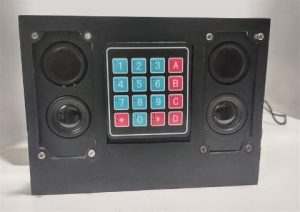 A STEM Project I have developed is the ‘Sound of STEM’, a system developed using python and raspberry pi to engage visually impaired students and promote STEM access. To develop this project, I first created a gamified curriculum for STEM through different stories to teach math and science concepts effectively relying only on audio cues. For example, I taught the concept of fraction through a negotiation story between an Indian King and a moneylender. I encountered multiple challenges while developing this project. Firstly it was difficult for me to put myself into the shoes of a visually impaired student and develop this curriculum for concepts like geometry. To overcome this challenge, I interacted with visually impaired students and teachers from a nearby school for the blind. I gained multiple insights which enabled me to tailor my content to maximum benefit. From that experience I learnt the importance of reaching out to the key stakeholders for any solution and the importance of background research before leaping into developing anything.
A STEM Project I have developed is the ‘Sound of STEM’, a system developed using python and raspberry pi to engage visually impaired students and promote STEM access. To develop this project, I first created a gamified curriculum for STEM through different stories to teach math and science concepts effectively relying only on audio cues. For example, I taught the concept of fraction through a negotiation story between an Indian King and a moneylender. I encountered multiple challenges while developing this project. Firstly it was difficult for me to put myself into the shoes of a visually impaired student and develop this curriculum for concepts like geometry. To overcome this challenge, I interacted with visually impaired students and teachers from a nearby school for the blind. I gained multiple insights which enabled me to tailor my content to maximum benefit. From that experience I learnt the importance of reaching out to the key stakeholders for any solution and the importance of background research before leaping into developing anything.
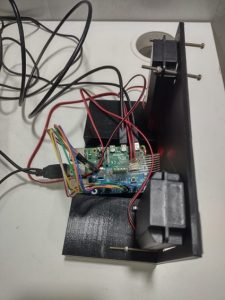
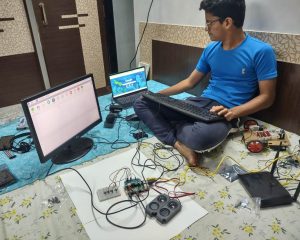
On the technological side I faced some difficulties in developing the CAD prototype since it was my first foray into designing. However, I was able to overcome it through breaking down the task into smaller more manageable chunks and focusing on gaining the required skills of CAD. I also decided to start off with a more user-friendly Onshape CAD but today I am comfortable with more powerful and complex CAD softwares like Solidworks or Fusion 360 as well.
What accomplishments in your STEM journey are you most proud of, and how do you believe they have shaped your educational and career goals?
Recently I wrote a research paper that studied the impact urban stressors like air pollution and light pollution have on plant physiology, urban green infrastructure and the entire city’s ecosystem. I developed a series of solutions which cities like Mumbai can implement to address this growing issue involving an IoT system, AI and genetics. Throughout my research journey I was surprised to discover the many gaps within scientific literature while going in depth into this domain. I realised that I enjoyed interpreting scientific papers and connecting different strands, experiments and papers to develop coherent hypothesis.
After my initial readings I expanded the paper into an inter-disciplinary foray by integrating economics, government policy and technology in addition to the paper’s main focus on environmental science and plant physiology to evaluate the socio-economic impacts the stressors had on the urban plant’s ecosystem services and suggest concrete government policy changes to complement the suggested technological solutions for maximum benefit. This has encouraged to explore the intersection of policy and economics along with the sciences while developing my own ideas. It has shaped me into a better researcher who can more effectively communicate his ideas to diverse audiences and enabled me to distil information from multiple different sources, evaluate and reinterpret it to form original and cohesive theories.
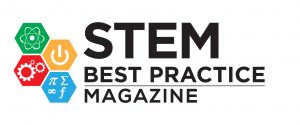

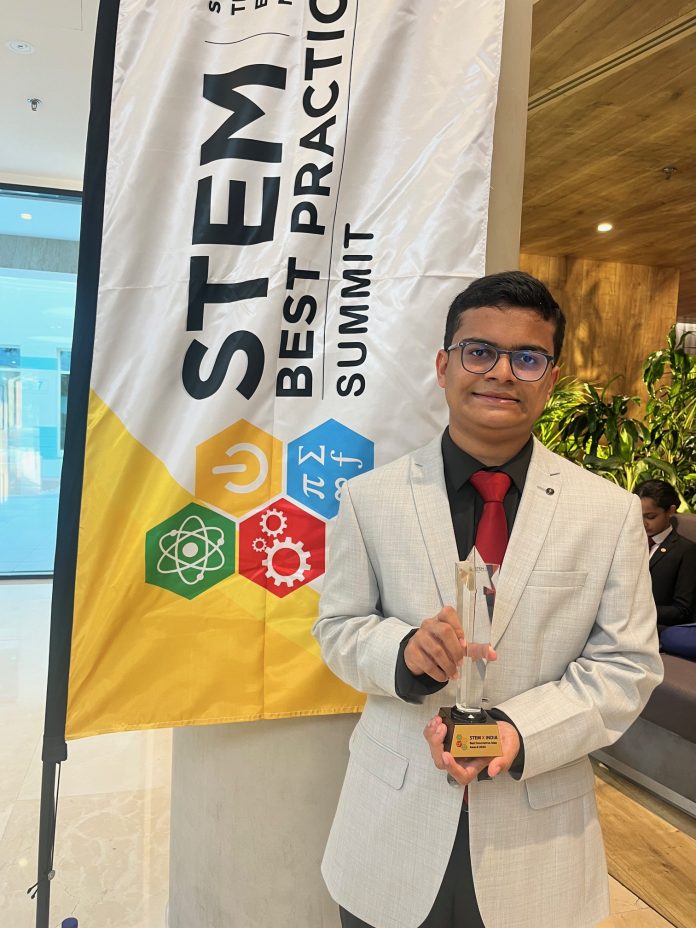
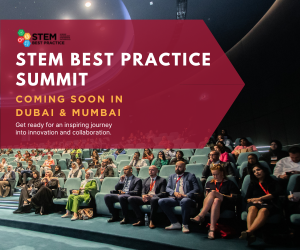
Proud of you Ishaan!